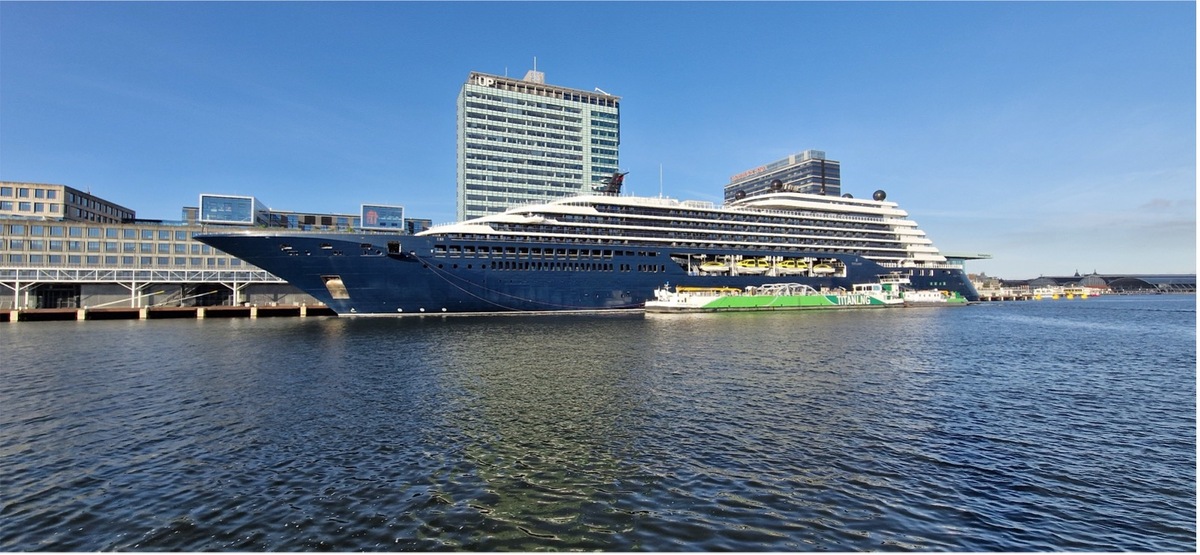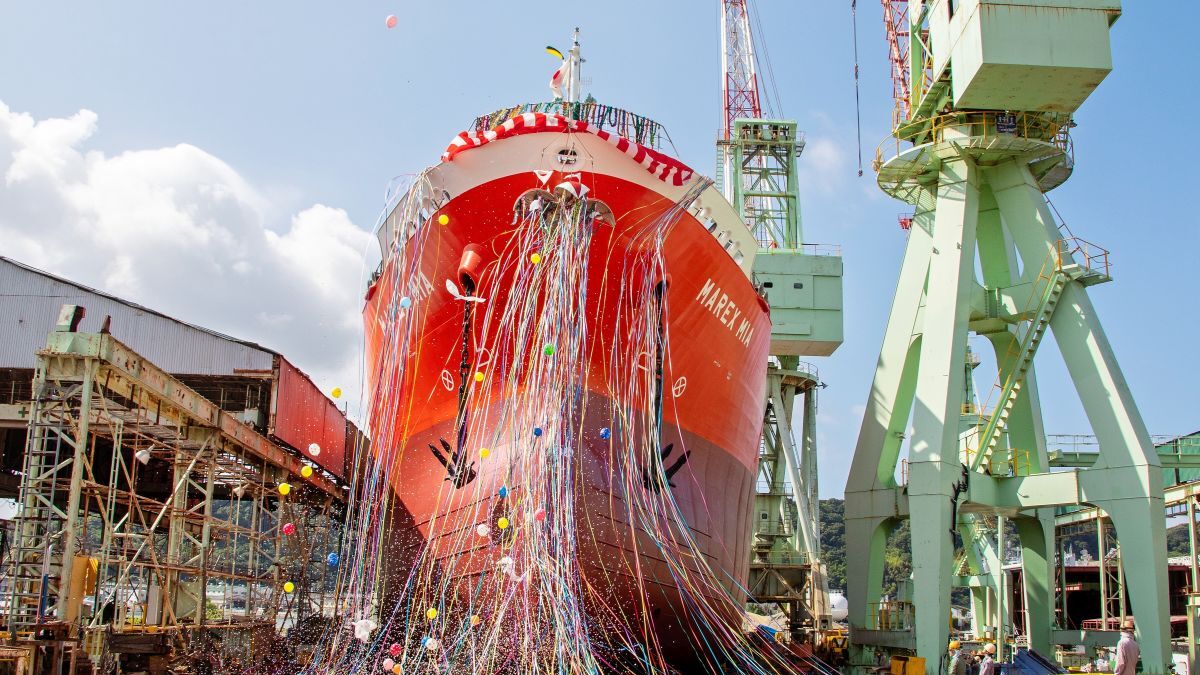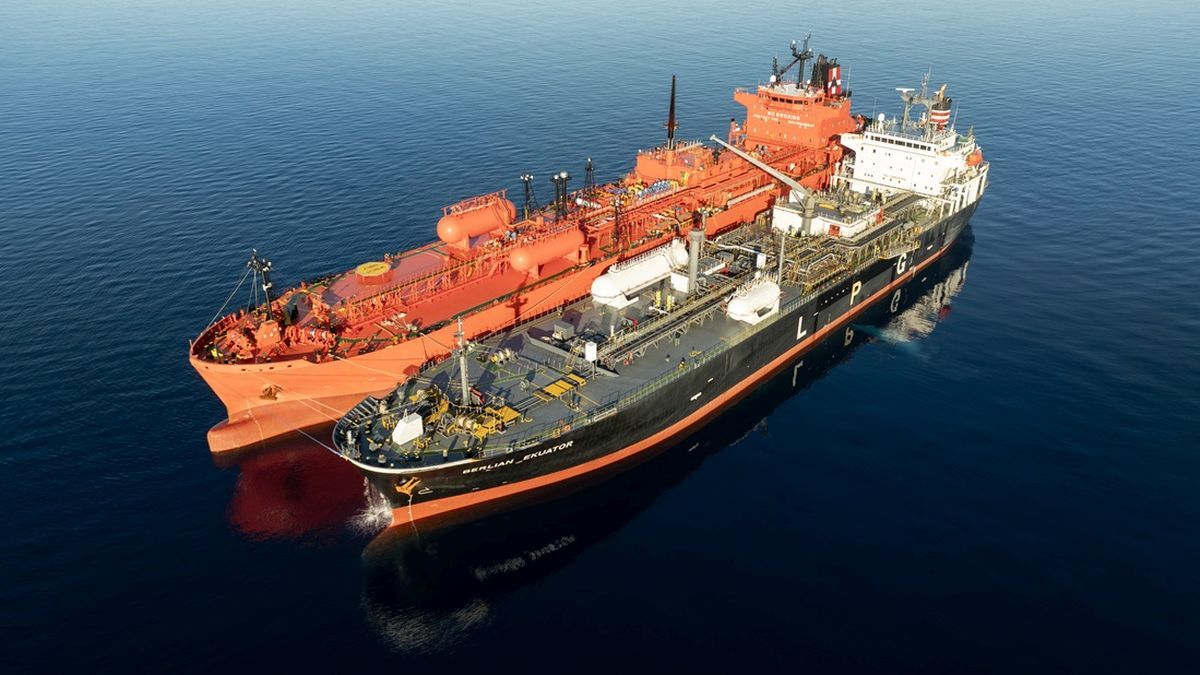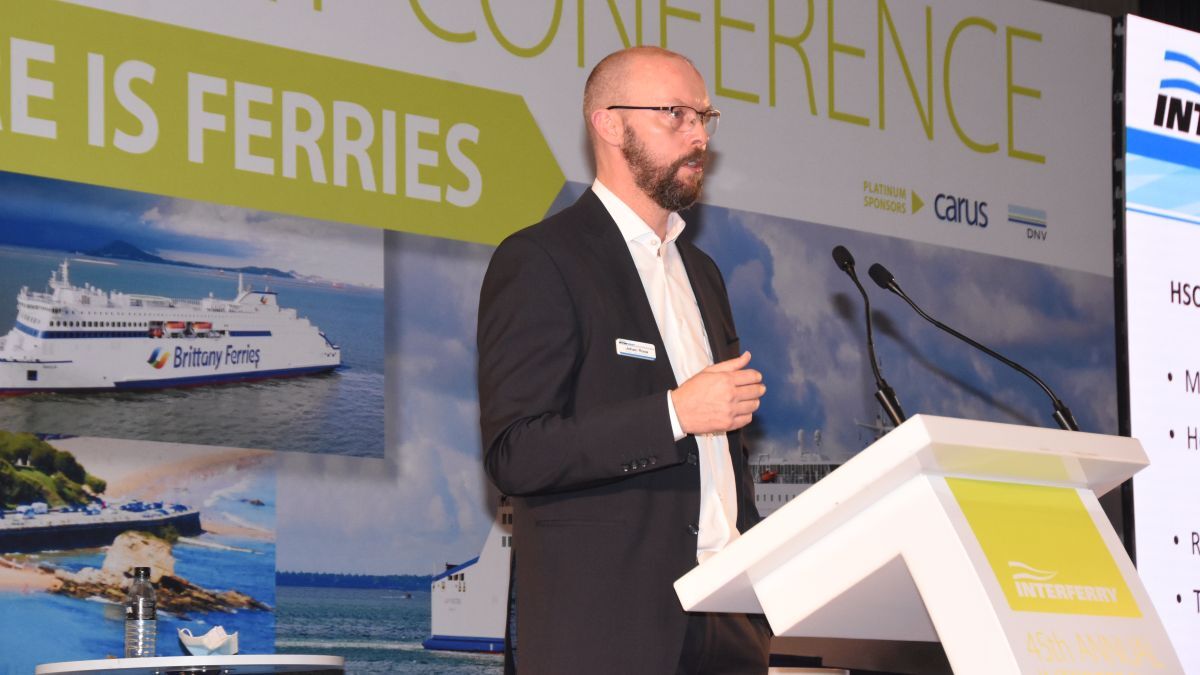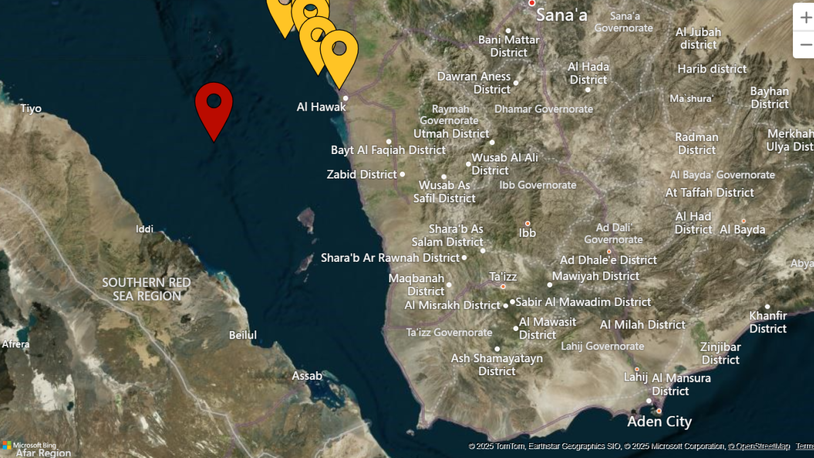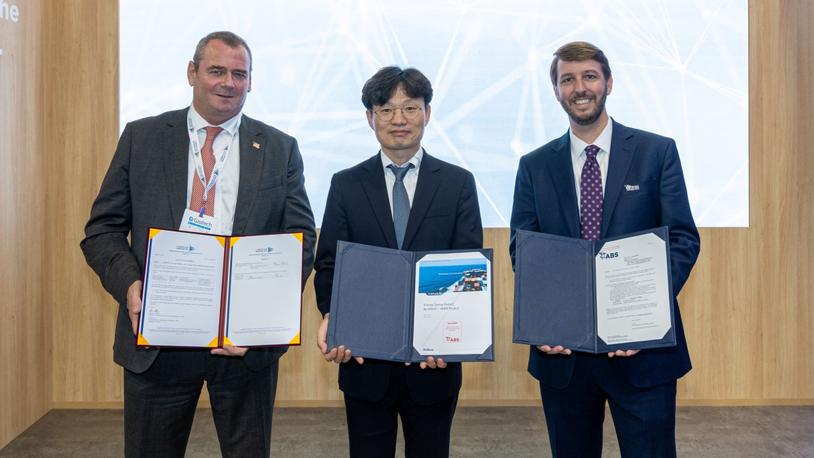Business Sectors
Events
Contents
Register to read more articles.
FuelTrust: fuel content discrepancies costing industry US$5Bn
A report from FuelTrust examines discrepancies in the global bunkering supply chain
The bunker supply insight specialist found more than 39% of global bunkers between 2021 and 2022 exhibited a fuel content delta of 2% or more compared with the amounts stated in delivery paperwork.
The primary issue identified was the introduction of water into the fuels during the journey from onshore storage tanks to the ship’s bunker tank. This problem typically involved an increase from 0.1% to above 0.25% water content, which, although below the regulated threshold according to FuelTrust, still results in average losses of US$14,910 per affected delivery.
FuelTrust said, “The maritime fuel market has a long history of not being transparent. Bunker fuels account for more than 50% of a vessel’s operational expenses, meaning fraudulent practices and inadequate supply chain management can significantly affect the profitability of vessel owners, charterers and fuel suppliers.”
Even fuel considered as meeting specified quality standards (on spec) experiences volume or content issues, leading to financial losses or engine problems according to FuelTrust. In the past year, more than 600 vessels were disabled through fuel problems, despite the fuel being on-spec, resulting in estimated global supply chain losses exceeding US$5Bn.
In 2022, contagion across Asia, the ARA zone, and the Fujairah region are estimated to have incurred towing fees alone totalling US$50M.
FuelTrust chief executive and co-founder Jonathan Arneault commented, “This new research across the global bunkering market emphasises the need for better transparency. By providing visibility, traceability and security throughout the fuel supply chain, FuelTrust is improving operational efficiency, helping reduce environmental impact and fostering trust among all stakeholders.”
The report includes examples of unethical practices and fraudulent activities related to bunkering. And this month, VPS reported 11 vessels lost propulsion and more than 100 ships were affected in a single incident of fuel contamination in Houston.
Mr Aneault said, “As the latest contamination case demonstrates, it’s essential shipowners, bunker suppliers and charterers gain better insight into their fuel supply chains. Better information on the fuel we use is also a foundational block of any serious greenhouse gas reduction strategy.”
For its own part, FuelTrust has collaborated with US firm Ridgebury Tankers using AI-based software to allow Ridgebury to understand the entire emissions stack of the vessel.
The report The cost of fraud in the maritime fuel market can be accessed here.
Sign up for Riviera’s series of technical and operational webinars and conferences in 2023:
- Register to attend by visiting our events page.
- Watch recordings from all of our webinars in the webinar library.
Related to this Story
Events
Offshore Support Journal Conference, Americas 2025
LNG Shipping & Terminals Conference 2025
Vessel Optimisation Webinar Week
© 2024 Riviera Maritime Media Ltd.




